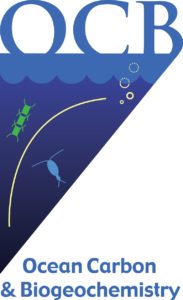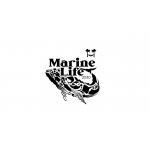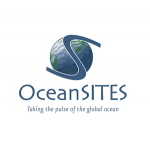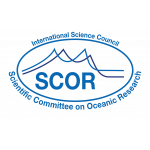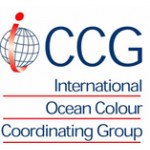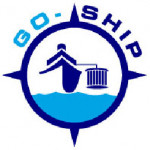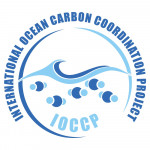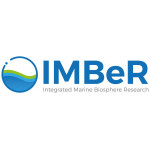OCB
Ocean Carbon and Biogeochemistry Program
Established: 2006
| Organisation type: | Project |
| Geographical scope: | Global |
| Member countries: | |
| Participating countries: |
| Funding source | Percentage |
|---|---|
|
%
|
|
|
%
|
|
|
%
|
|
|
%
|
|
|
%
|
|
|
%
|
|
|
%
|
|
|
%
|
|
|
%
|
Organisation’s vision:
Organisation’s mission:
OCB is a network of scientists who work across disciplines, such as ocean chemistry, biology and physics, to understand the ocean's role in the global carbon cycle and the response of marine ecosystems and biogeochemical cycles to environmental change. OCB is a bottom-up organization that responds to the continually evolving research priorities and needs of its network. OCB's primary mission is to bring together scientific disciplines and cultivate partnerships with complementary US and international programs to address high-priority research questions about marine ecosystems and biogeochemistry. OCB plays multiple important support roles for its network, including:
1. Organizes and co-sponsors workshops, short courses, working groups and synthesis activities on emerging research issues
2. Serves as a central information hub (websites, email list, newsletter, social media) to broadcast scientific news, opportunities, and research highlights
3. Engages with relevant national and international science planning initiatives
4. Develops education and outreach activities and products with the goal of promoting ocean carbon science to broader audiences
5. Trains the next generation of ocean scientists and engages early career scientists in OCB activities (travel support, networking, mentoring)
Organisation’s objectives (if different from the Mission):
OCB’s overarching goal is to explore the ocean’s role in the global carbon cycle and the response of marine ecosystems to environmental changes of the past (paleo), present, and future (prediction). Specific research foci include:
1. Climate- and human-driven changes in ocean chemistry (e.g., acidification, deoxygenation, nutrient loading, etc.) and associated impacts on marine ecosystems
2. Ocean carbon uptake and storage, including processes from the air-sea interface to the deep ocean
3. Marine organism-mediated carbon cycling and export via the biological pump
4. Benthic carbon cycle feedbacks, from shallow to deep-sea marine habitats
5. Carbon cycling and associated biogeochemical fluxes and exchanges along the aquatic continuum, from rivers to the coastal ocean
6. Marine organism response to environmental change, including molecular, physiological, ecological, and evolutionary processes
Keywords
- Carbon
- Marine Ecosystems
- coordination and communication services
- marine biogeochemistry
- national collaborative program
Activities
- Defining strategies/road maps/priorities for Earth (ocean) observing/science
- Ocean literacy/public outreach
- Science coordination
